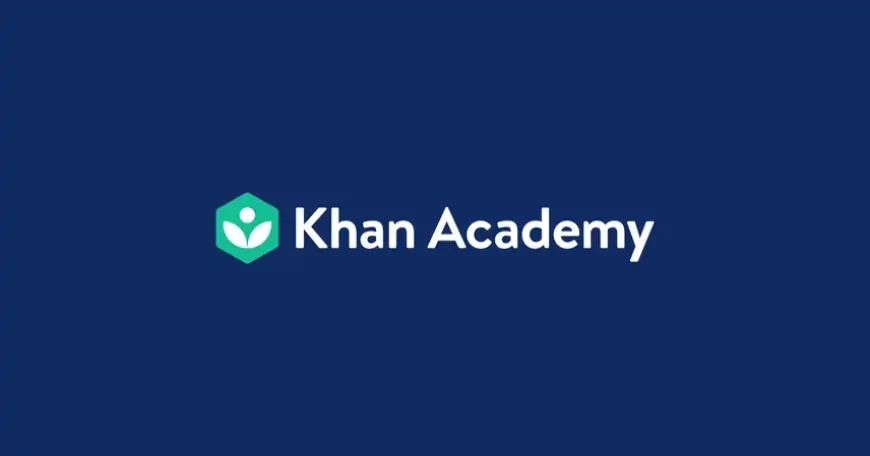What is Khan Academy? An in-depth exploration of the revolutionary online learning platform
Discover what Khan Academy offers as an innovative online learning platform, revolutionizing education with its in-depth exploration and resources.

Khan Academy was founded with the mission of providing quality education to children worldwide. It achieves this by providing a range of free online learning resources. Established by former financial analyst Salman Khan, the platform offers over 3,400 instructional videos, quizzes, and interactive tools designed to aid elementary, middle, and high school students in their learning. Its accessibility and cost-free nature make it suitable for both classroom and individual use, accessible from nearly any internet-enabled device. Originally aimed at bridging educational gaps for those lacking access or means, Khan Academy has evolved into a widely used teaching tool in many schools.
What is Khan Academy?
Khan Academy is a comprehensive website offering a wealth of educational content organized by grade level, aligning closely with standard curricula. It covers a wide range of subjects including math, science, and art history.
The platform's concept is to enable personalized learning based on individual abilities, unlike traditional age-based grading systems. This flexibility allows students to progress at their own pace, whether they need additional support or want to advance further in a subject they enjoy.
For students struggling with certain topics, Khan Academy provides a means to improve proficiency. Similarly, it offers opportunities for those interested in a particular subject to deepen their knowledge, driven by their passion. This approach encourages students to explore and specialize in areas they enjoy, potentially guiding them towards future career paths.
How does Khan Academy work?
Khan Academy utilizes a variety of resources, including videos, readings, and interactive tools, to educate students. Initially focused on math due to founder Salman Khan's background, the platform has expanded to offer strong resources in economics, STEM subjects, and finance. It now includes content in engineering, computing, arts, humanities, test preparation, and English language arts.
One of its key advantages is the unlimited access to courses. Courses are organized into relevant subsections, such as precalculus or U.S. history, for easy navigation.
Furthermore, Khan Academy's materials are available in multiple languages, including Spanish, French, and Brazilian Portuguese, broadening access to a diverse range of students.
What are the standout features of Khan Academy?
Khan Academy offers Advanced Placement (AP) courses, allowing high school students to complete college-level courses and potentially earn college credit by passing an exam. While the teaching is handled by Khan Academy, the exam must be taken at an official testing center.
Courses are structured to teach before testing, with quizzes provided to assess understanding. Students can skip ahead if they are already familiar with a topic, maintaining engagement and interest.
The platform's videos, many featuring founder Salman Khan, are presented against a virtual background where notes are written, providing both auditory and visual learning aids.
Khan Academy features videos created by various reputable sources, including TED Ed, UNESCO, and The British Museum.
To enhance engagement, Khan Academy gamifies learning with quizzes, mostly multiple-choice. Progress data, such as time spent on videos, reading, and quiz scores, is tracked and can be reviewed. Students earn points and badges as they advance.
What is the pricing structure for Khan Academy?
Khan Academy is entirely free of charge. As a nonprofit organization, its mission is to offer a top-quality education to everyone, regardless of location or financial means. There are no plans to introduce fees for its services.
Users can access all resources without creating an account or providing personal information. However, having an account allows for easier progress tracking and sharing of learning history with teachers, guardians, or peers.












































